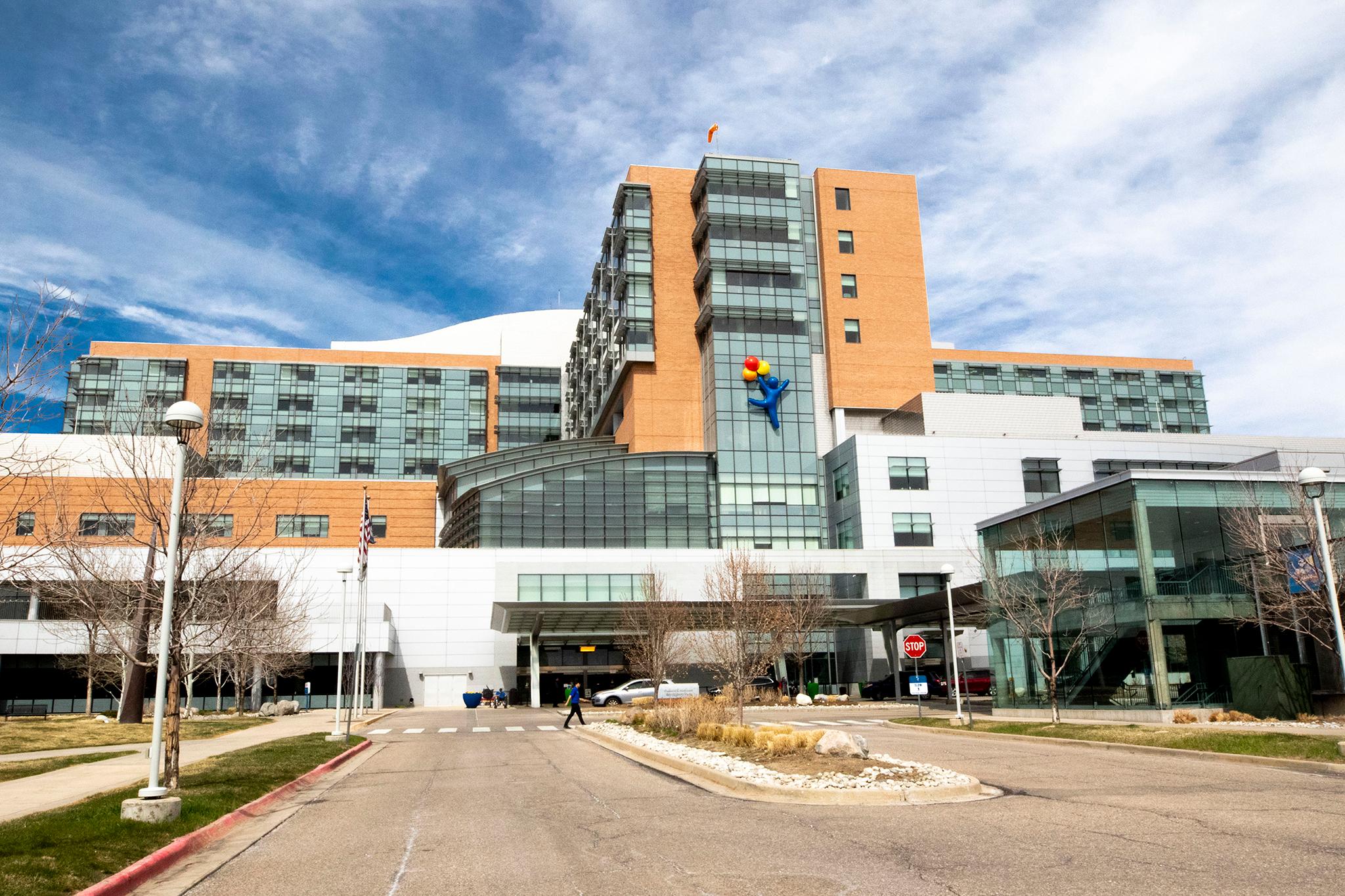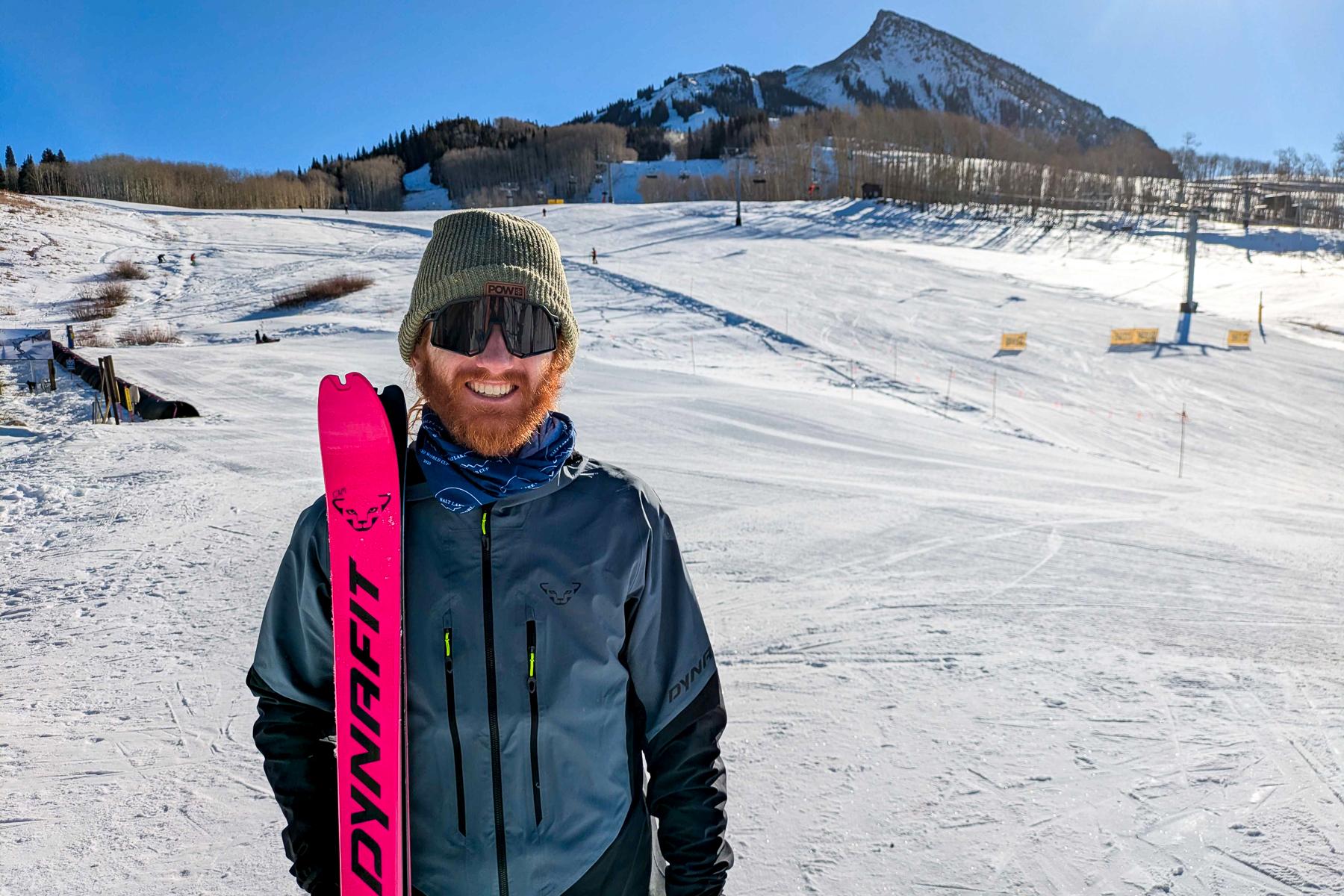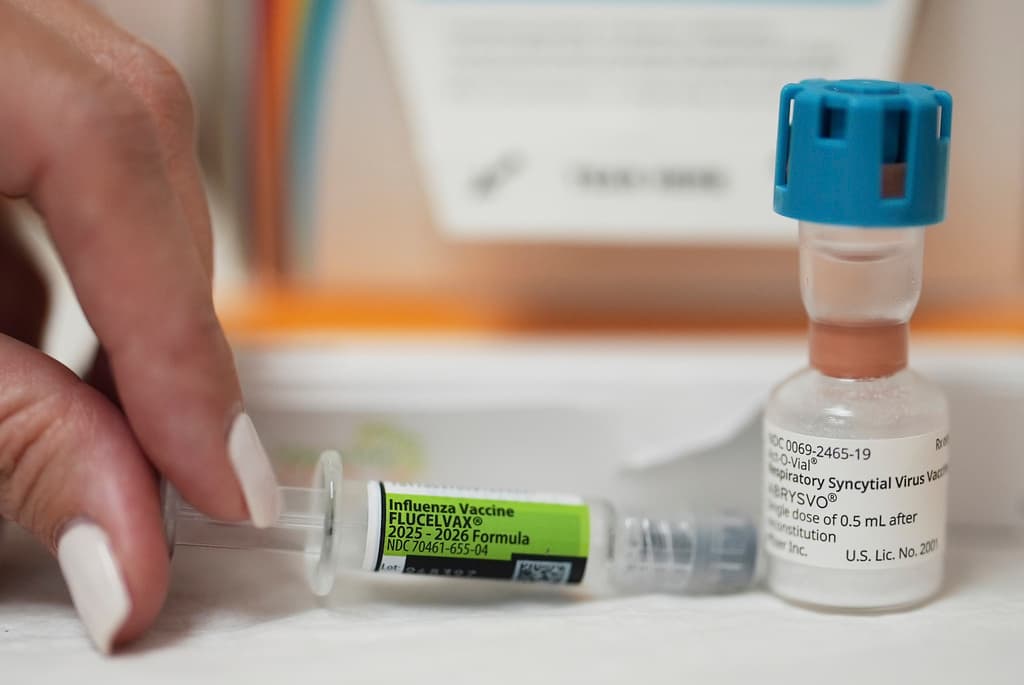
The number of children being hospitalized in Colorado with viruses like the flu and RSV is unprecedented as the season for respiratory illnesses gets underway earlier than usual and more severe.
“It’s nothing like we’ve seen before,” said Dr. Kevin Carney, associate chief medical officer with Children’s Hospital Colorado.
Carney described packed emergency departments, families facing long waits and providers working hard to keep up. The number of patients seeking emergency and urgent care has been 30 percent higher than the busiest days of a normal respiratory season, which generally go from January to March.
Colorado now has just three pediatric ICU beds available, according to state officials.
Challenging respiratory virus season
Combined with rising COVID-19 hospitalizations, up sharply more than a hundred since last week, Colorado is seeing “an increasingly challenging respiratory virus season,” said Dr. Rachel Herlihy, the state epidemiologist.
In the metro area, the state recorded 554 hospitalizations, through the week ending Nov. 5 — and 95 percent of those were pediatric patients. Additionally, 144 schools and child care facilities statewide have reported outbreaks.
The RSV hospitalization rates are hitting the youngest kids hardest, especially those under 5. The group with by far the highest RSV hospitalization rate was children 0 to 6 months.
The pediatric RSV hospitalizations are far outpacing flu and COVID-19 cases at this point.
Carney said while it’s not at all uncommon for children’s hospitals to manage increased volumes of patients every winter, the numbers seen in Colorado at this point in the year are unheard-of and troubling.
“We've engaged additional contract team members, including travel nurses and respiratory therapists who can assist with the surge of patients across our system,” Carney said.
Children’s Hospital Colorado is a regional powerhouse, so struggles with patient loads and staffing there will have ripple effects throughout the health system in Colorado and other nearby states.
The trend mirrors children’s hospitals nationwide.
Dramatic spikes in RSV and flu
The news briefing with reporters came the day after Election Day. It was the first in weeks from the state health department, though it has issued press releases and made individual officials available for interviews.
At Wednesday’s event, they showed graphs of RSV and flu spiking dramatically, showing curves of infections going up almost vertically.
The first two years of the pandemic, with many public health measures in place, including recommendations or requirements for things like masking and social distancing, Colorado saw a decline in both flu and RSV, respiratory syncytial virus.
But with many of those efforts now in the rear-view mirror and many governments, businesses, schools and ordinary folks returning to pre-pandemic habits, respiratory viruses are spiking with a vengeance.
Dr. Rachel Herlihy, the state’s epidemiologist, said exactly what was driving the spikes is unclear.
“It's very clear that the pandemic has been disruptive to how these viruses are spread and when they're spread,” she said. But she said there needed to be “lots of work to fully understand what particular factors might be driving those things.”
A striking spread of RSV
Last week, in an interview on CPR’s Colorado Matters, Dr. Suchitra Rao, an infectious disease specialist at Children’s Hospital Colorado, said “it really is striking how much RSV there is in the community.”
RSV is a common respiratory virus that usually causes mild, cold-like symptoms, according to the Centers for Disease Control and Prevention’s website. Although most people recover in a week or two, RSV can be serious, especially for infants and older adults. The virus is the most common cause of bronchiolitis (inflammation of the small airways in the lung) and pneumonia (infection of the lungs) in children younger than 1 in the U.S.
Last week, the state health department put out a press release warning of increased cases of respiratory viruses, including flu, RSV, and COVID-19. But it didn’t hold a press briefing.
The release urged Coloradans to get vaccinated for both flu and COVID-19 have effective, safe vaccines, noting anyone 6 months and older can get vaccinated for flu and COVID-19. It also advised seeing or calling a health care provider or doctor before going to a busy emergency department when you or your child has respiratory symptoms, staying home when sick, washing your hands frequently, covering your noses and mouths when you cough or sneeze, cleaning potentially contaminated surfaces, and avoiding sharing cups, eating utensils, and touching your face with unwashed hands.
The release notably didn’t mention masks, which the CDC has described as a “critical public health tool for preventing spread” of respiratory viruses like COVID-19.
State says masks are a 'tool in the toolbox'
The state did not mention face masks in its PowerPoint presentation. CPR asked if it was an oversight, and Herlihy noted “there have been a number of studies that have come out and shown us how effective masks can be at preventing transmission of covid 19. And I would include RSV and influenza there as well.”
She described masks as an effective strategy, an “important way for individuals to decrease their risk” of acquiring a respiratory infection and a key way for people to prevent transmission from a virus that they have themselves to another person.
Masks, which have become the subject of intense political debate, are “a tool in the toolbox,” said Scott Bookman, the state health department’s Director of the Division of Disease Control and Public Health Response. “Our goal here is to provide people with all the information they need to make the right choices for themselves and for their families.”
A state website details guidance for wearing masks.
The doctor and state public health officials on the call urged Coloradans to ease the spread of respiratory bugs, by following common precautions.
A tripledemic?
The news comes as hospitals have struggled with massive staffing challenges.
The pandemic hammered hospital staffing, with many veteran nurses and other hospital workers leaving their jobs or taking lucrative offers to work as traveling nurses.
The roaring back of respiratory bugs this fall has been called a potential “tripledemic.”
At the end of October, the state health department said it’s seeing a sharp increase and an earlier occurrence in cases linked to RSV in children, which it said was putting a strain on pediatric hospitals.
Since the start of last month, Colorado has recorded 92 flu hospitalizations, according to the briefing, double the number from a week earlier. The agency has recorded three outbreaks in long-term care or correctional facilities, as of Oct. 29. No pediatric flu deaths have been reported.








